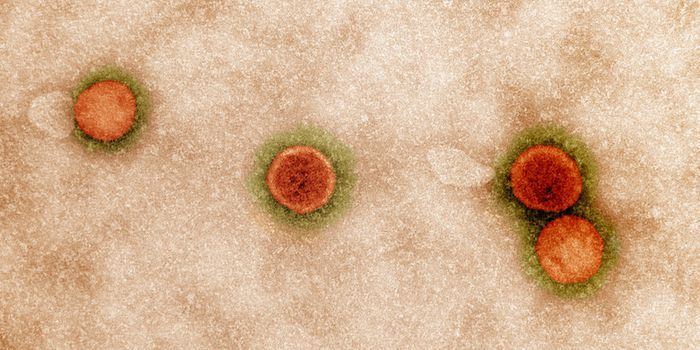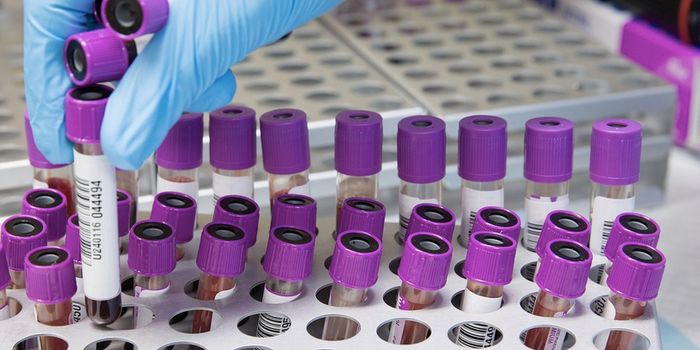Mitochondria have long been thought to be the normal engine of a eukaryotic cell and one that was essential for the survival of fungi, plants, animals and other organisms. Now, a single-cell microbe has been discovered that does not contain one. It was once thought that Giardia intestinalis, a microbe that causes diarrhea, was without a mitochondria but upon closer inspection, both it and other candidates were only false alarms and turned out to contain modified versions of the organelles. Mitochondria have undergone many changes over the course of evolution, with some becoming basically derivatives of one. The organelles themselves are the remnants of bacteria that integrated into primordial cells and eventually become the workhorse for their hosts.

Researchers at Charles University in Prague have now investigated a new prospective candidate, a single-celled organism that lives in the intestines of a chinchilla, one that also happens to be a pet of a lab member. This microbe was selected because it is part of the genus
Monocercomonoides, a group suggested to be lacking mitochondria.
First they sequenced the genome of the
Monocercomonoides and saw that it did not contain any genes from mitochondrial DNA (mitochondria contain their own genome.) On further investigation, they were not able to detect any of the proteins that are critical for the function of the organelle. “The definition of eukaryotic cells is that they have mitochondria,” said Anna Karnkowska, the lead author of
the study. “We overturn this definition.”
It’s possible that because of its typical environment, chinchilla guts, where oxygen is scarce and nutrients are abundant, it has no need for mitochondria. The researchers suggest that it harbors special cytoplasmic enzymes that allow it to metabolize food and generate energy. To fulfill other needs normally serviced by mitochondria, it has bacterial genes for those such as the synthesis of iron and sulfur clusters required for protein function.

Evolutionary genomicist B. Franz Lang of the University of Montreal in Canada commented, “It’s a very solid paper experimentally. If you’d like me to bet, I’d give them 90% probability that they are correct.” He would like to see the researchers strengthen their case by performing a very detailed microscopic analysis to confirm the absence of the organelles. Mark van der Giezen, an evolutionary biochemist of the University of Exeter in the United Kingdom, would also like to see further evidence that Monocercomonoides doesn’t contain rudimentary mitochondria. Regardless, he says, this study broadens our view of eukaryotes’ capabilities. “It shows that eukaryotic life is more flexible than what the textbooks say.”
Monocercomonoides is not some ancient microbe hailing from times of the earliest eukaryotes, Karnkowska says. The closest relatives it has still contain small mitochondria, so it may have jettisoned the organelles in fairly recent evolutionary terms. She and her colleagues think that there are other mitochondria-free eukaryotes awaiting discovery. “This is one striking example, and I hope we can find others,” she says.
Sources:
Science,
Cell











